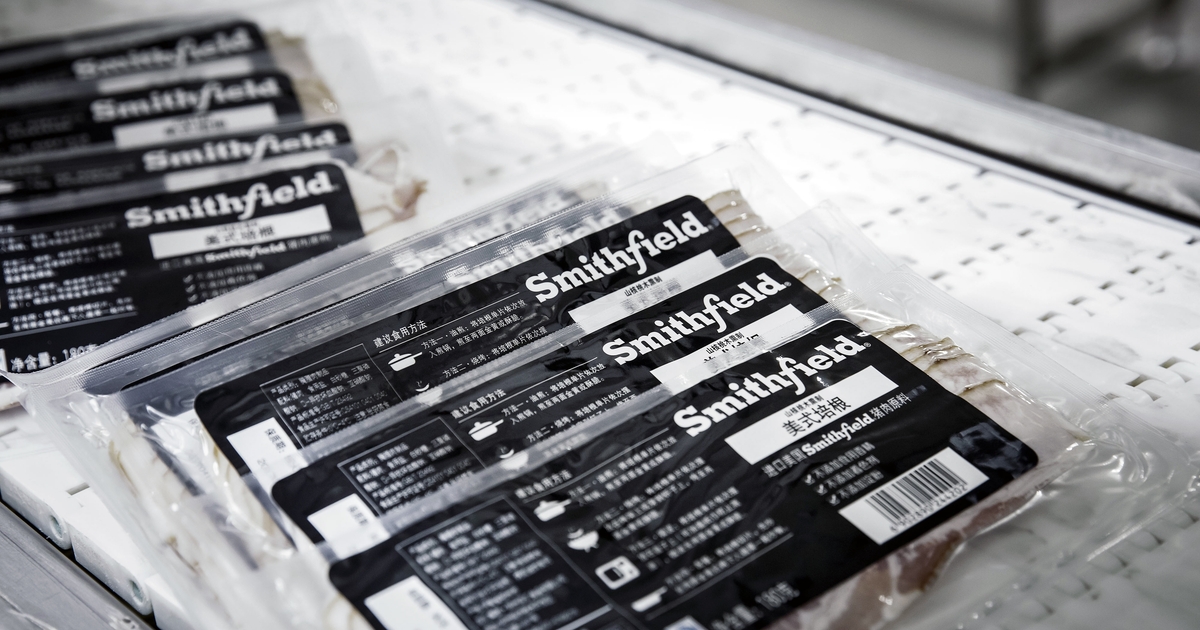Economic Rebound: Greece Predicted to Grow by 2.1% in 2024
Greece’s economy is expected to grow by 2.1% in 2024, according to a think tank called ΙOΒΕ. This prediction comes at a time when many countries are still recovering from…
Global Meats Giant WH Group Reports Increased Profits Despite Decline in Chinese Pork Operations
WH Group Ltd., a Hong Kong-based company that owns U.S.-based Smithfield Foods, reported an increase in profits during the first quarter. The growth in profits was mainly driven by improvements…
Kim Kardashian’s Response to Taylor Swift Diss Track: Three Powerful Words for the World
Taylor Swift has reignited her feud with Kim Kardashian in a track from her latest album, “Tortured Poets Department,” titled “thanK you aIMee.” Fans eagerly awaited a response from Kardashian,…
A 100 kg turtle from Malaysia traveled to Con Dao to nest
A nearly 100 kg green turtle with a Malaysian tag arrived at Bay Canh island in Con Dao to lay 108 eggs. The turtle crawled onto the sandy beach of…
ESPN and TNT can compete with NBA’s deals with new partners
The NBA’s exclusive negotiating window with ESPN and TNT expired last night, giving media rights incumbents ESPN and TNT the opportunity to match any new deal the league may strike…
The Successful Higher Education Pact in Germany: A Cooperative Approach to Promote Growth and Stability in Higher Education
The Higher Education Pact in Germany, which ran from 2007 to 2020, was a successful funding program that helped address the challenges faced by the German higher education system due…
New Resource Expansion by Northeast Health District Promotes HIV Prevention and Opioid Overdose Recovery
The Northeast Health District has announced an expansion of resources available to local residents, including PrEP and naloxone. Taking PrEP along with the use of condoms and other prevention methods…
Austria’s Gas Dilemma: Navigating a Smooth Transition to Alternative Sources without Causing Shortages
Austria’s Minister of Economic Affairs Martin Kocher (ÖVP) has issued a warning about the economic consequences of Energy Minister Leonore Gewessler’s (Greens) plans to quickly reduce dependence on Russian gas.…
The Office Stars Team Up for a New Business Venture: Promoting AT&T Business through Humorous Campaign
In a new campaign, AT&T Business is utilizing the talent of actors from the popular television series “The Office” to promote their services. The campaign centers around a business idea…
Australian Prime Minister hikes 15 km to explore World War II battlefields
Australian Prime Minister Anthony Albanese and Papua New Guinea Prime Minister James Marape embarked on a significant journey to the town of Isurava, where a historic battle took place during…



